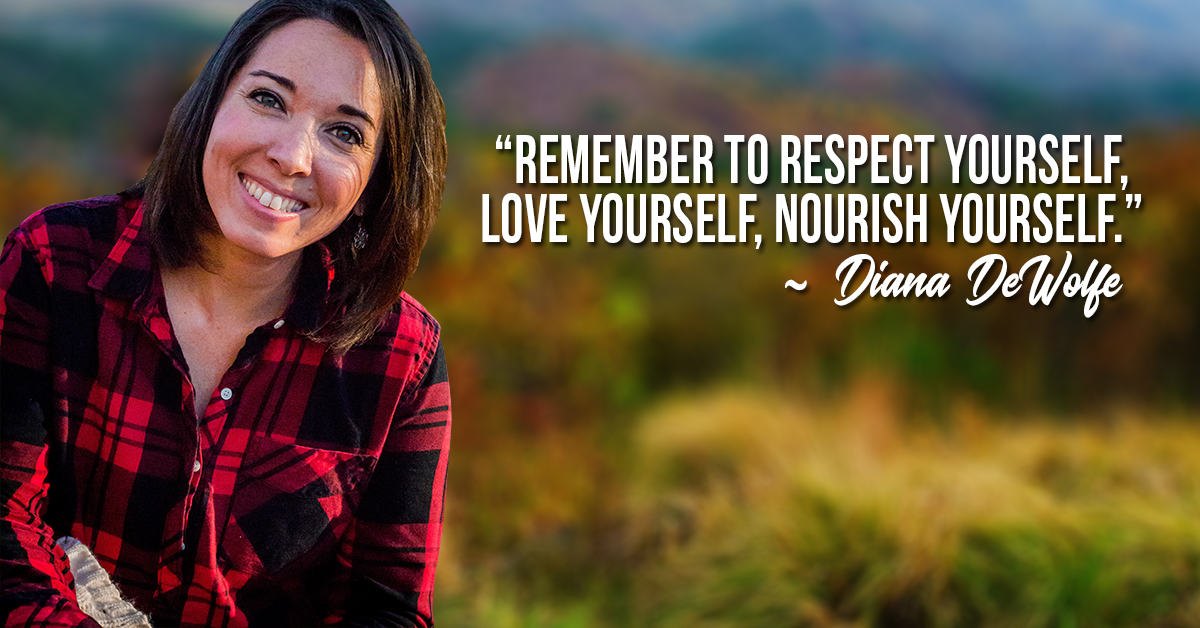
We've all been there. We want to eat healthier, so we do a quick Google search to get some tips and suddenly become overwhelmed by the amount of data returned. Results range from diets promising quick and easy results - low carb, low fat, high fat, carnivore, keto, plant-based - to food subscriptions to buy, ads for nutritional and fitness services, and a few websites promising to unlock the secrets to healthy eating but leave you with very little and often conflicting information. It's frustrating, often resulting in giving up and continuing old habits or taking advice from a friend of a friend who happens to know all about the latest diet craze; you hop on board excited about the promised results. Disappointment settles in quickly. Why isn't the diet working? It has been a whole week and you just feel more tired, a bit cranky, and are either hungry all the time or have a headache from all the math you are having to calculate with every meal. That, quite frankly, is why diets don't work, in general. They tend to be complicated and time-consuming in both planning and prepping. They are also too restrictive, often recommending a much lower calorie count than is healthy and too few food choices which quickly becomes boring. But wait… there is good news! Eating healthy doesn't have to be complicated, restrictive, or boring! Healthy eating simply involves filling your diet with whole delicious unprocessed foods! Eating healthy should not be viewed as a short-term diet with an end goal of losing weight, rather, it should be viewed as a lifestyle, long term, to give your body the best nourishment you can. You will see benefits that range from optimizing health to improvement in energy levels to reaching and maintaining a healthy weight and everything in between.
Our Standard American Diet has been given the acronym S.A.D for very good reasons! It is packed full of useless calories and laden with sugar, chemicals, and bad fats. Unfortunately for most, this way of eating is taught from a very young age and often results in chronic illness and disease. We are rewarded with “treats” in the form of fast food, ice cream, and candy from childhood; it should be no surprise that these eating habits are ingrained in us. Even as adults, how often do we find ourselves saying, "I deserve", "I'm treating myself", or "I earned" as we reach for that sweet treat? Now, let's contrast that with the S.O.U.L diet. SOUL foods are seasonal, organic, unprocessed, local foods that are packed full of nutritious calories and comprised of healthy fats and natural phytochemicals that help our bodies fight disease. Many SOUL food choices keep things exciting and satisfying. SOUL foods will vary by location and season but a quick visit to your local farmers market will quickly introduce you to new and exciting foods.
So, what about fat? If you grew up in the '80s, you may have a hard time viewing fat as anything but negative. Fat was "bad", and fat-free snack foods exploded onto the scene. What we didn't know or realize was that the fat that was removed was replaced with sugar, making those snacks worse than their full-fat counterparts. Fast forward to the last few years – fat is now "good." High-fat diets are a thing. Bacon is in everything. Yet again, you are given conflicting information. How should you feel about fat? Does it have a place in your diet? Well, let’s talk about fat. Did you know that fats are a huge energy source for our bodies, are necessary for a healthy brain, make up the coating surrounding the nerves in our body, helping to relay vital messages, and may even aid in weight loss? Not all fat is created equally - there are different types of fat. You will hear about bad fats which may also be referred to as trans fats, you will also hear about saturated fats, and you will hear about good fats, often referred to as unsaturated fats, monounsaturated fats, and polyunsaturated fats. Omega-3 fatty acids fall into the category of good fats. Trans fats are the worst and are linked to heart disease, diabetes, and inflammation which can contribute to many chronic illnesses. It is typically found in fried foods, processed or store-bought bakery products, vegetable shortening, vegetable oils, and some margarine products. It is best to avoid trans fats completely. Saturated fats are better than Trans fats, but should be eaten only in small amounts. Unfortunately, the standard American diet is typically high in Saturated fat which can also lead to chronic disease. Saturated fats are found in fatty cuts of meat, including beef, pork (yes, that includes bacon and sausage), poultry with the skin as well as butter, cream, and cheese. Baked foods and fried foods also tend to be high in saturated fats. Good fats, however, are protective from heart disease, help lower blood pressure, decrease inflammation, support brain health, and can even help with weight loss. Sources of good fats include olive oil, avocado, nuts, seeds, fatty fish such as tuna, mackerel, and salmon. When focusing on healthy eating, avoiding trans fats and replacing saturated fats with good fats is key! Did you know that you can train your body to burn fat for energy? Instead of grabbing that carbohydrate-laden pre-workout snack or drink, reach for one of those healthy fats. Your body will begin to preferentially burn fat as its energy source leading to a longer-term source of energy that will fuel your workout and, ultimately, weight loss/fat loss.
I know most of us have likely followed a low carbohydrate diet at one time or another. This becomes a difficult and frustrating diet, often leaving you feeling fatigued and deprived. The good news is that not all carbohydrates are bad! In fact, it is recommended that you take in healthy carbohydrates which are important for gut health. A healthy gut has been linked to a stronger immune system which has a direct effect on our ability to fight disease. Carbohydrates also provide a shorter-term energy supply and are necessary to help stabilize blood sugars. There are two different kinds of carbohydrates, simple and complex. Simple carbohydrates are digested quickly, causing the blood sugar to spike and often leave you feeling tired. Not all simple carbohydrates are bad – many fruits and dairy products fall into this group; however, these foods also contain antioxidants, phytochemicals, vitamins, and minerals which benefit health. The simple carbohydrates that you should avoid include foods and drinks that are high in sugar – candy and desserts, soda, sweet tea, snacks such as potato chips and crackers, as well as bread and pasta made from refined flour. Complex carbohydrates take longer to digest which provide a longer-lasting source of energy and helps maintain a more stable blood sugar level which eliminates that post-meal fatigue or they pass through the system undigested, regulating bowel movements. Complex carbohydrates are heart-healthy, protecting you from heart disease, beneficial to the gut which helps bolster the immune system, and are protective against certain cancers such as colon cancer. Good sources of complex carbohydrates include whole grains, fibrous fruits and vegetables, and beans.
The good news is that healthy eating doesn't have to be hard, but it should be intentional. Pay attention to what you are fueling your body with, eating only those things that will ultimately benefit you and avoiding those that will only lead to or contribute to disease or illness. Increase your intake of those fresh fruits and vegetables that are in season, organic, when possible, unprocessed, and local. Make friends with the vendors at your local Farmers Market – they will introduce you to new and exciting healthy foods and will often provide preparation tips. Eat your fats but make it healthy fat - drizzle your salads with olive oil, skip the vegetable oil when cooking, and reach for avocado oil or sunflower oil, have an avocado - whole, mashed for guacamole or even in a smoothie. Eat fatty fish a couple of times per week - mackerel, tuna, or salmon. Snack on nuts and seeds instead of chips. Finally, keep the carbs but switch to whole grains, eat fibrous fruits such as apples and bananas, fibrous vegetables such as broccoli and carrots and eat your beans! Instead of focusing on what you can't have on a diet, focus on all the delicious foods you can add in for a well-balanced and healthy lifestyle! Nutritious food is filling, leaving less room for the foods that will only serve to lead you further from your goals. As you move forward in your health and wellness journey remember to respect yourself, love yourself, nourish yourself.
“There are many ways to love your body, but fueling your body with nutritious food is the highest form of self-respect.” -Ania Drosnes


